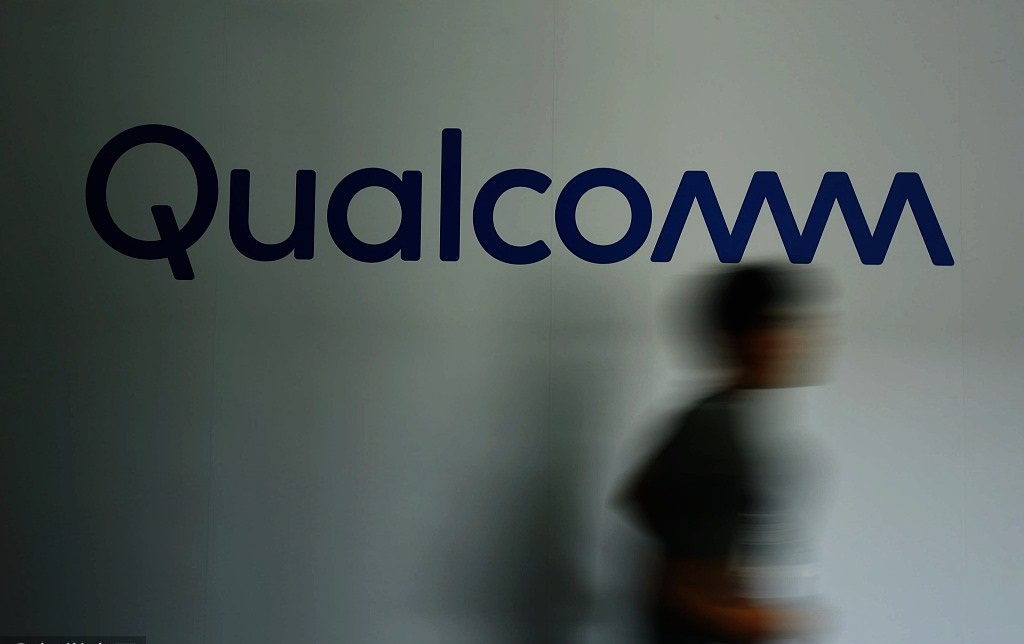The termination of a deal between world-leading chipmaker Qualcomm and semiconductor manufacturer NXP is an issue of antitrust regulation and has nothing to do with China-US economic and trade relations, a spokesperson for the Ministry of Commerce (MOFCOM) said on Thursday at a regular press briefing.

Qualcomm's logo seen at Mobile World Congress in Shanghai, June 26, 2018. (Photo: VCG)
MOFCOM spokesman Gao Feng made the comments after Qualcomm Inc announced plans to terminate its $44 billion acquisition bid for Dutch firm NXP Semiconductors on Thursday after the US-based firm failed to meet its own deadline of 12:00pm Beijing time.
Although China's antitrust authorities had reportedly reached advanced stages in giving the final say on Qualcomm's bid, no outcome had been reached by the company's deadline. This means that the world's largest chipmaker for mobile phones will now activate its plan to withdraw from the NXP deal dating back to 2016 and pay a breakup fee of up to $2 billion.
"The falling apart of the deal is good news for domestic industries making or using chips, as the situation could have prevented a scenario whereby the chips for PCs, mobile phones and Smart Internet-connected devices were all held in the hands of an American company," Xiang Ligang, chief executive of telecom industry news site cctime.com, told the Global Times on Thursday.
While China ramps up efforts to develop homegrown chips, it would be best if chips for Smart Internet-connected devices - low-level applications such as lamps, TVs and cars - remain decentralized, Xiang said.
Qualcomm's dominance has caused concern for Chinese authorities before. The National Development and Reform Commission, China's top economic regulator, fined Qualcomm 6 billion yuan ($975 million) in 2015 for its dominance in wireless technology and charging "unfairly high" licensing fees.
The fallout of the deal is a major loss for Qualcomm, as an acquisition with NXP could have provided a significant boost to the company's business in the coming age of fifth generation (5G) telecommunications technology and the Internet of Things, areas where the demand for chips has grown exponentially.
Qualcomm needed approval from China to complete the deal, as the country accounted for nearly two-thirds of its revenue in 2017.
The San Diego-based firm said that as the deal has fallen through, it now plans to buy a $30 billion share buyback plan.


